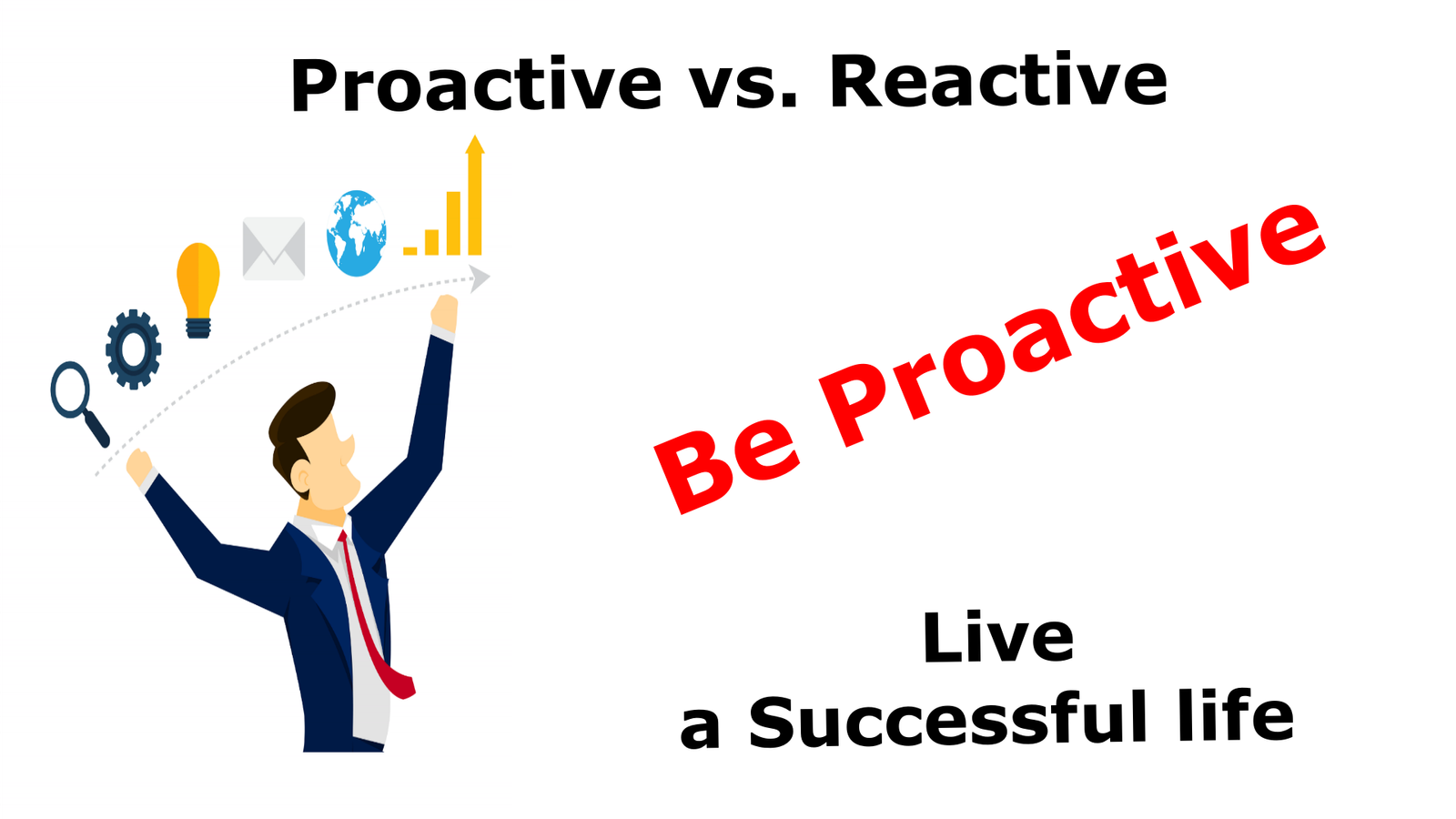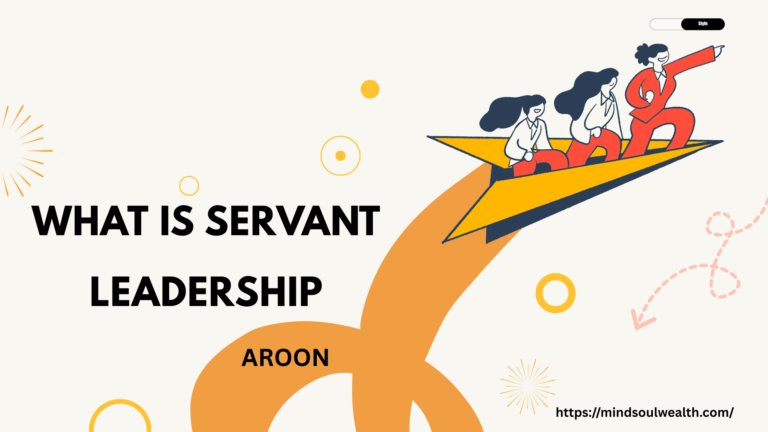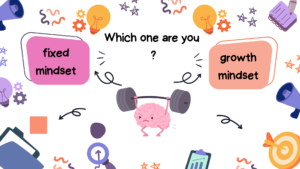Published on March 3, 2025 by Aroon George
In today’s fast-paced world, the distinction between proactive and reactive behaviors can significantly influence our paths to success and happiness. Rich and successful individuals often embody a proactive mindset. This concept is profoundly explored in Stephen Covey’s seminal book, The 7 Habits of Highly Effective People, which has sold over 50 million copies, reflecting its profound impact on personal development.
Understanding how to be proactive can truly transform your life. Here’s how to cultivate a proactive mindset through self-awareness, responsible behavior, and focusing on key areas of life.
4 Essential Steps to Enhance Self-Awareness and Become More Proactive
To begin your journey toward proactivity, it is essential to enhance your self-awareness. Here are steps to guide you:
Step 1: Create Space for Solitude and Self-Reflection
Take time to find a quiet space where you can be alone. This solitude is crucial for honest introspection.
Step 2: Practice Objective Self-Observation
Visualize yourself in that quiet room as an observer. This practice helps you assess your thoughts and feelings objectively.
Step 3: Clear Your Mind and Focus Internally
Set aside distractions and focus on your internal state. This is key to gaining clarity about your emotions and thoughts.
Step 4: Ask Yourself These Critical Self-Awareness Questions
Engage in self-inquiry by asking questions like:
- How do I perceive myself?
- What is my current mood?
- Can I identify and describe what I’m feeling right now?
- Is my mind functioning quickly and alertly?
Understanding the Psychology of Blame: Why Reactive People Struggle
Covey discusses the “game of blaming” extensively, highlighting how people often seek to place the responsibility for their feelings and behaviors on external factors. He identifies three common rationalizations:
The 3 Types of Determinism That Keep People Reactive
Genetic Determinism: “It’s in My DNA”
The belief that inherited traits dictate behavior. For example, “My grandparents had a short temper, so I do as well.”
Psychic Determinism: “My Upbringing Made Me This Way”
The notion that upbringing shapes character. For example, “If I’m shy, it’s because my parents brought me up that way.”
Environmental Determinism: “My Circumstances Control Me”
The idea that our environment influences our actions. Statements like “I got frustration by my boss behavior.”
What Does It Mean to Be Proactive? Understanding the Mindset of Successful People
Proactivity is defined as the ability to take responsibility for your actions—”response-ability.” Highly proactive individuals understand that their behavior is determined by their values and conscious choices, not by external circumstances or past events. They refuse to blame their actions on genetic, psychic, or environmental determinism.
The Science Behind Proactive vs Reactive Behavior: Stephen Covey’s Research
Reactive People: Often swayed by their physical and social environments. Their moods fluctuate with external conditions—pleasant weather makes them happy, while negativity from others brings them down.
Proactive People: They carry their “weather” with them. Regardless of external conditions, they focus on their core values and continue to thrive. Their emotions are not dictated by others or by circumstance.
How to Be Proactive in Daily Life: Practical Strategies That Work
Consider a situation where someone disturbs you with anger and criticism. Here’s how to respond proactively:
How to Read Someone’s Mental State Before Reacting
Rather than reacting harshly, try to analyze their behavior. Ask yourself what might have caused their anger and how you can de-escalate the situation.
De-escalation Techniques for Angry Confrontations
If you made a mistake, apologize sincerely. However, if they fail to understand your viewpoint, remain calm and do not retaliate.
The Power of Sincere Apologies in Proactive Communication
Consider the following factors to gain insight into their behavior:
- Education
- Abilities
- Clarity on the situation
- Cultural background
- Preferences and dislikes
- Knowledge gaps
The True Cost of Reactive Behavior: Time, Money, and Mental Health
Why Reactive People Lose Money and Success
Giving control to another person’s anger impacts your well-being. Losing your temper costs you time, energy, and ultimately, money, as both time and energy significantly correlate with financial success.
The Energy Drain of Constant Blame and Anger
More importantly, it robs you of happiness and joy, causing mental and emotional pain. A balanced life leads to a proactive lifestyle.
How Proactive Behavior Leads to Financial Success
The way you manage your own thoughts—whether blaming others or taking responsibility—determines your success.
4 Key Life Areas Where Proactive People Excel
Mental Health: Building a Proactive Mindset Through Daily Habits
Building a proactive mindset starts with taking care of your mental health. Here are some strategies:
Daily Reading Habits for Mental Clarity
Engage with books, articles, or materials that inspire and expand your knowledge.
Journaling Techniques for Self-Reflection
Write in a journal or diary daily to reflect on your thoughts and feelings. This practice can help clarify your mind and set intentions.
Positive Thinking Strategies That Actually Work
Focus on the positive aspects of personality and always keep practice gratitude.
Goal Setting Methods for Proactive People
- Create a daily checklist of tasks with deadlines to manage your time effectively
- Establish personal growth goals and prioritize activities that contribute to your well-being
Finance & Career: Taking Control of Your Professional Future
Taking charge of your financial future and career development is crucial:
- Commit to Improvement: Regularly assess your financial situation and identify areas for growth
- Career Advancement: Seek opportunities to advance in your career, whether through further education, networking, or skill development
Relationships: Investing in Meaningful Connections
Investing in your relationships is key to a fulfilling life:
- Nurture Connections: Dedicate time to nurture personal relationships and foster meaningful connections with family, friends, and your spouse
- Set Relationship Goals: Create goals with your loved ones to strengthen bonds and improve mutual understanding
- Understand Strengths and Weaknesses: Focus on recognizing the strengths in others while supporting them in overcoming their weaknesses
- Communicate Effectively: If you find it challenging to handle family situations, strengthen your communication skills and emotional intelligence
Physical Health: The Foundation of Proactive Living
Your physical health is foundational to living a proactive life:
- Balanced Diet: Maintain a nourishing diet filled with whole foods to support both body and mind
- Regular Exercise: Engage in regular physical activity. Exercise boosts not just physical fitness, but also mental clarity and emotional strength
How to Respond Proactively to Negative Situations and Difficult People
Devote your time and energy to productive pursuits rather than allowing others to dictate your emotional state. When faced with negativity, practice forgiveness and let go of resentment. Be focused on your goals and be proactive.
Conclusion
By embracing proactivity, you empower yourself to live a successful and fulfilling life. Remember, the power to shape your responses lies within you. Choose to be proactive and watch how it transforms your personal and professional experiences.









